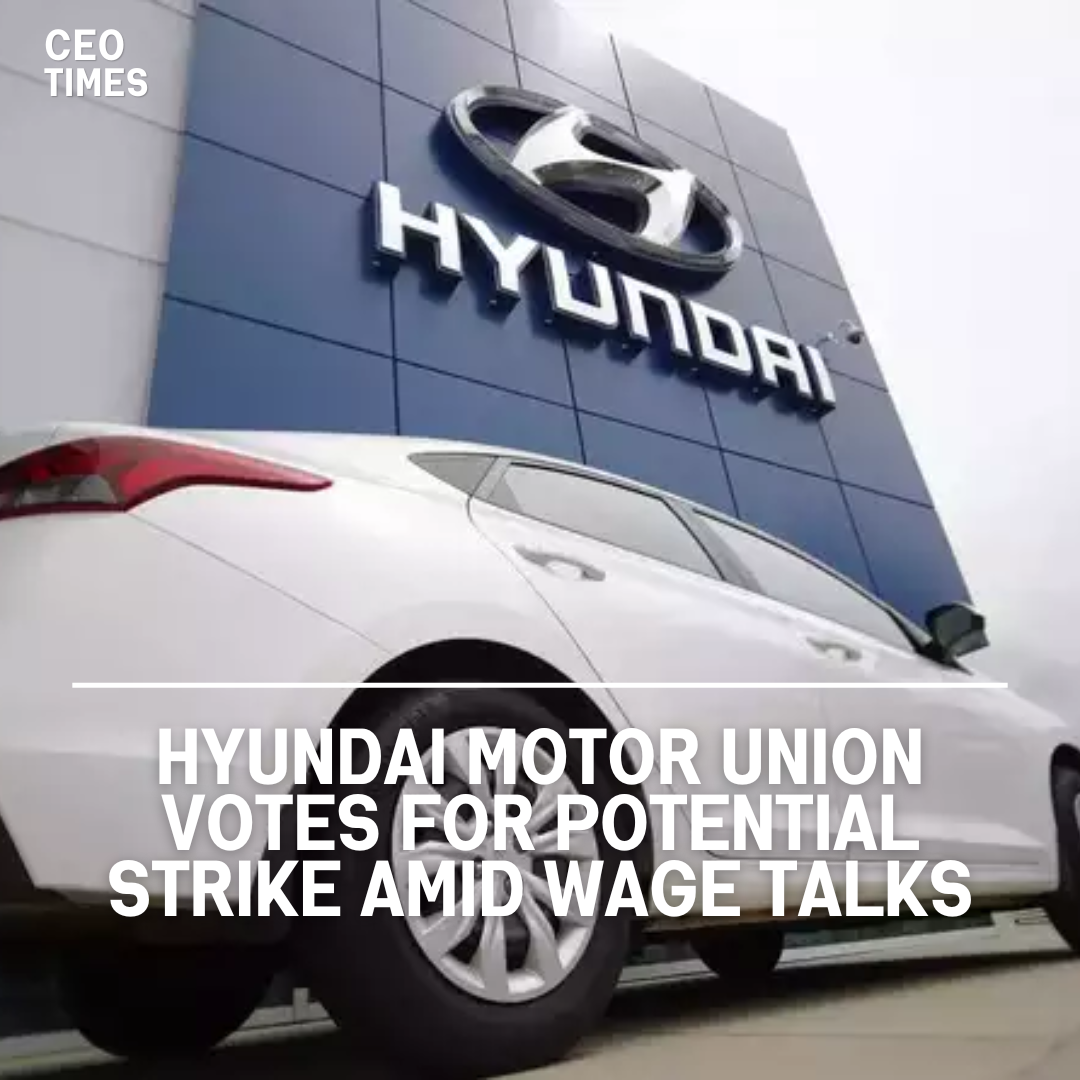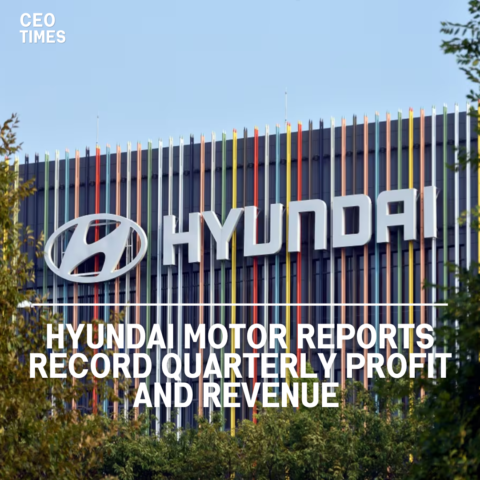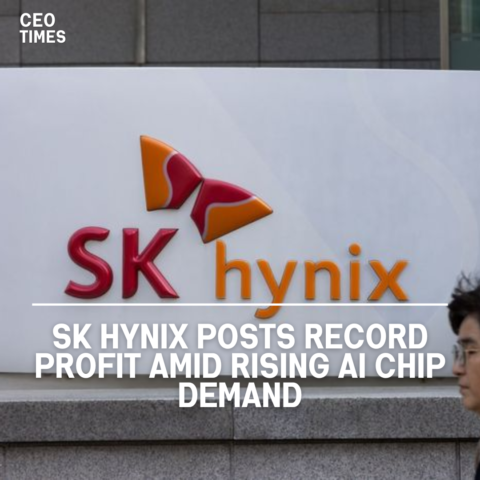Hyundai Motor’s unionized workers in South Korea have voted for potential strike action after wage increase and retirement age extension negotiations with the company reached an impasse.
The union, one of the largest in the country with over 43,000 members, reported that nearly 90% of its members supported strike action unless their demands were met.
Union Demands
The union’s key demands include:
- A minimum basic monthly pay increase of 159,000 won ($114.57)
- Performance pay equating to 30% of Hyundai’s 2023 net profit
- An increase in the retirement age from 60 to 64
These demands arise from concerns over rising life expectancy and insufficient retirement pension payments in South Korea, prompting calls for extended working years.
Potential Impact of Strike
A strike would be Hyundai’s first in six years related to wage negotiations and could significantly disrupt the production of popular vehicles.
Such disruptions are particularly concerning as Hyundai relies on exports to offset sluggish domestic sales.
Analysts caution that a strike could impact Hyundai’s short-term sales, especially in its largest revenue-generating market in the United States.
Union and Management Stances
The union has expressed willingness to negotiate if the company changes its stance. A union official stated, “We are open to negotiating with the management if they are willing to change their stance.” Hyundai Motor, however, declined to comment on the situation.
Analysts Perspectives
Analysts believe it is uncertain whether the union will proceed with a strike this year.
Chang Moonsu, an analyst at Hyundai Motor Securities, noted that while the union votes for strike action annually, this year’s push might be stronger due to Hyundai’s strong performance post-pandemic.
However, Chang also mentioned that management could mitigate the impact of a strike by encouraging non-striking workers to work overtime.




















